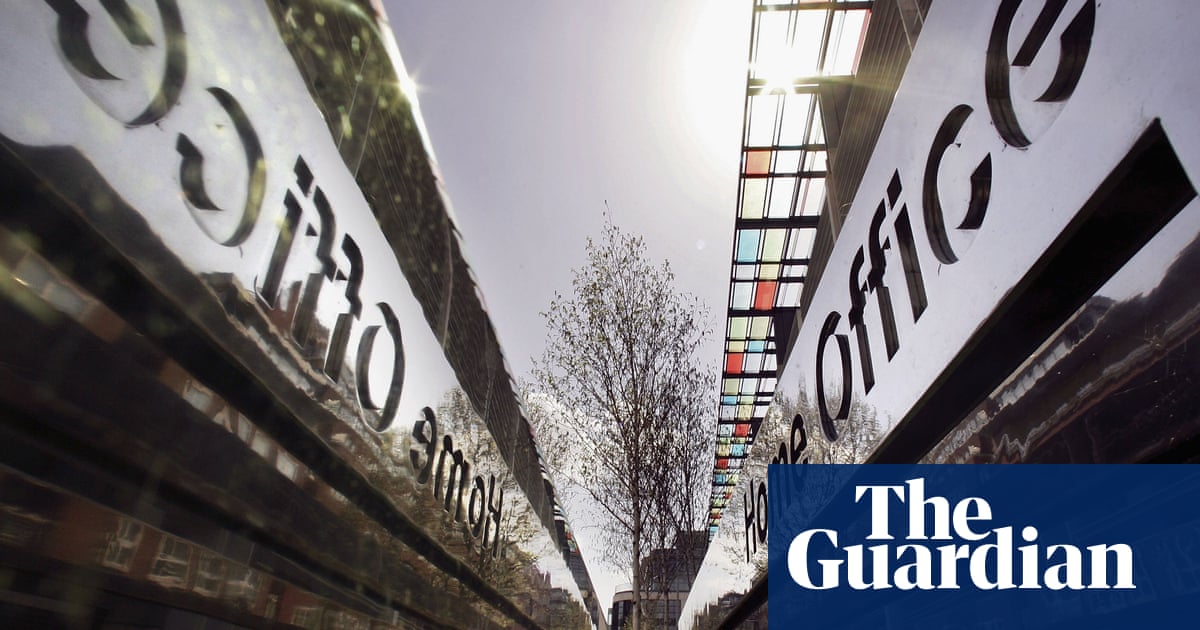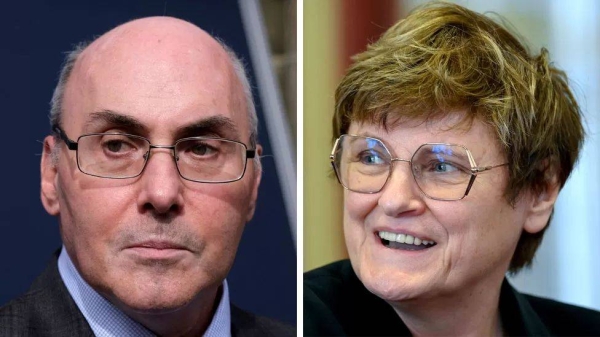
Doctors and scientists need to show more empathy towards volunteers in coronavirus vaccine trials who fall ill if the public is to have full confidence in the safety of the vaccines being developed, say experts.
The temporary halting of the Oxford University/AstraZeneca trial after one volunteer in the UK was admitted to hospital was good news, not bad, said Heidi Larson, who leads the Vaccine Confidence Project at the London School of Hygiene and Tropical Medicine, as it showed that scientists and the company were putting safety first.
“But a lot of the response from the medical/scientific community was that this is a routine measure – this is standard,” said Larson. “From the public’s perspective, no one is saying we’re sorry about the illness. There’s nothing from an empathy perspective, or [anyone saying] we’re hoping this person will recover.
“For the public who might have some anxiety, it can reinforce that. So we’ve got good news in terms of the rigour of the safety, but I think we have to work on how we deliver that.”
Larson was speaking as her team published its latest global survey of vaccine confidence in the Lancet medical journal, which found a highly variable picture around the world. “It goes up, it goes down and it can go up again,” she said. This could happen in response to events that scare people and in accordance with public confidence in governments that offer or sometimes mandate vaccines.
Early work on attitudes towards a Covid-19 vaccine show that there was more enthusiasm at the peak of the pandemic in the UK than later on.
“We do see that it’s highly variable. At the end of March in the UK when the fatality rates were high, only 5% said they would not take a Covid vaccine. By June, that had gone up to about 15% as people saw the fatality rates dropping, because people are constantly weighing the imminent threat of the disease and the threat of a brand-new vaccine.
“Keeping people in the loop is important. There will be trials that don’t make it to the end. From a confidence perspective, I think we have not done, as a scientific community, a very good job of explaining why things are moving faster. We see fast, fast, fast – first to get there.”
There were good reasons why moving with speed was now possible, such as the funding available to Covid vaccine developers and new technologies. “This is not a short-cut old vaccine process,” she said, but added that had not been explained properly to the public.
“Just saying, ‘Fast, fast, we’re going to get there’ is instead creating anxiety,” she said. It was important to enable people to understand why development was speeding up and why there would be safety events and pauses, but scientists also needed to show that they were paying attention to the health and wellbeing of the volunteers.
“That needs to be a little bit more in there, because the public is needing a bit more empathy right now,” she said.
The study was launched in 2015 and covers 149 countries. It shows that vaccine confidence is variable across the world and volatile. “We do have overall high confidence, but it is pretty wobbly,” said Larson. “The vulnerability of the world’s confidence is what we should be paying attention to.”
In parts of Europe, confidence is low: only 19% of people in Lithuania say they strongly agree that vaccines are safe, compared with 66% in Finland. In the UK, 52% strongly agree that vaccines are safe, after a steady rise from 41% in 2015. A further 34% in the UK “tended to agree” on safety. Nearly 89% in the UK strongly agree or agree that vaccines are important for children to have. In Finland, France, Italy and Ireland, as well as the UK, confidence has been increasing.
In six countries there are extremely low levels of confidence: in Azerbaijan, 2% of those surveyed strongly disagreed that vaccines were safe in 2015, rising to 17% in 2019; in Afghanistan (2% rising to 3%); Indonesia (1%–3%); Nigeria (1%–2%); Pakistan (2%–4%); and Serbia (4%–7%).
Confidence in these countries mirrored trends in political instability and religious extremism, the team found.
In some countries, vaccine scares have caused confidence to plummet. In Japan, confidence is low probably as a result of the government’s decision to stop immunising girls with the HPV vaccine because of an unsubstantiated scare. In the Philippines, said Larson, “there was a tremendous crash in confidence after the reported risk around the new dengue vaccine”. The government had taken action to improve trust following findings from the project’s confidence index.












